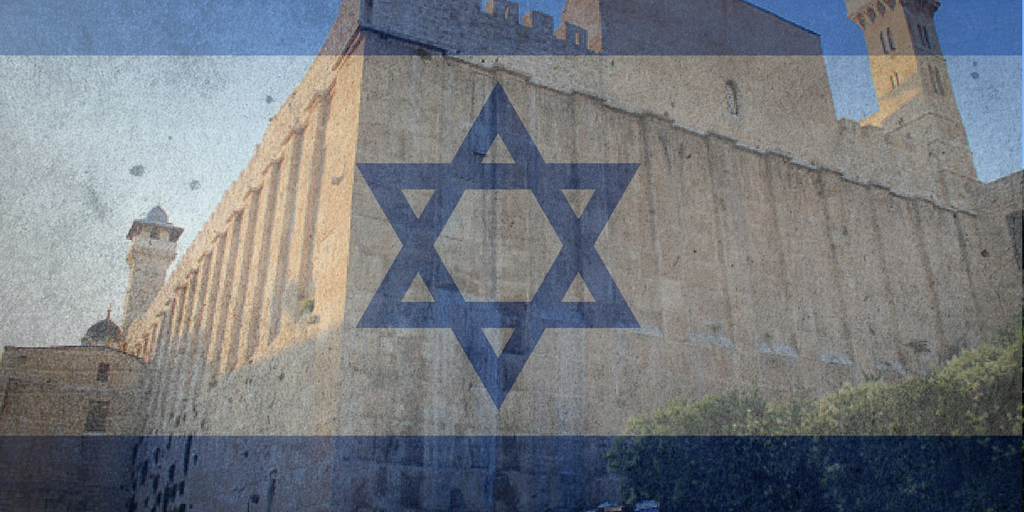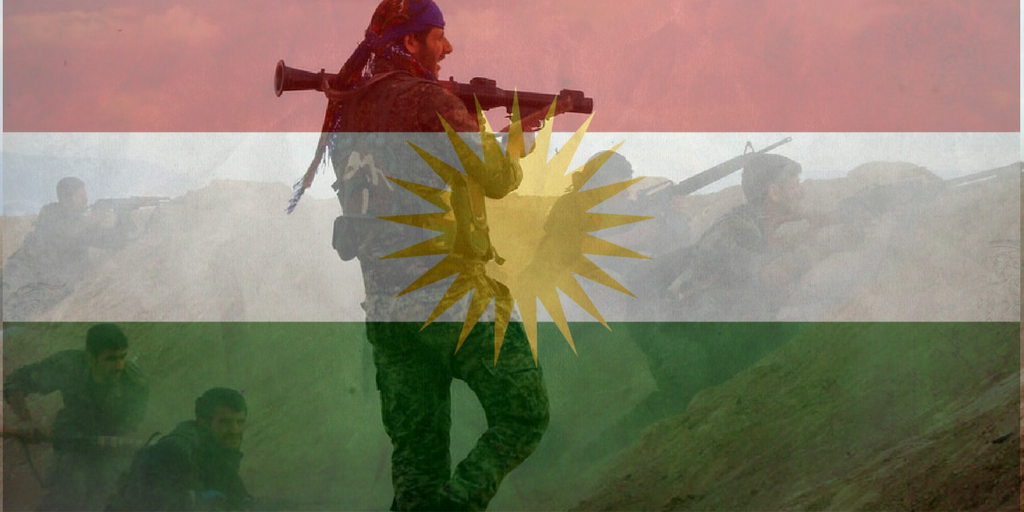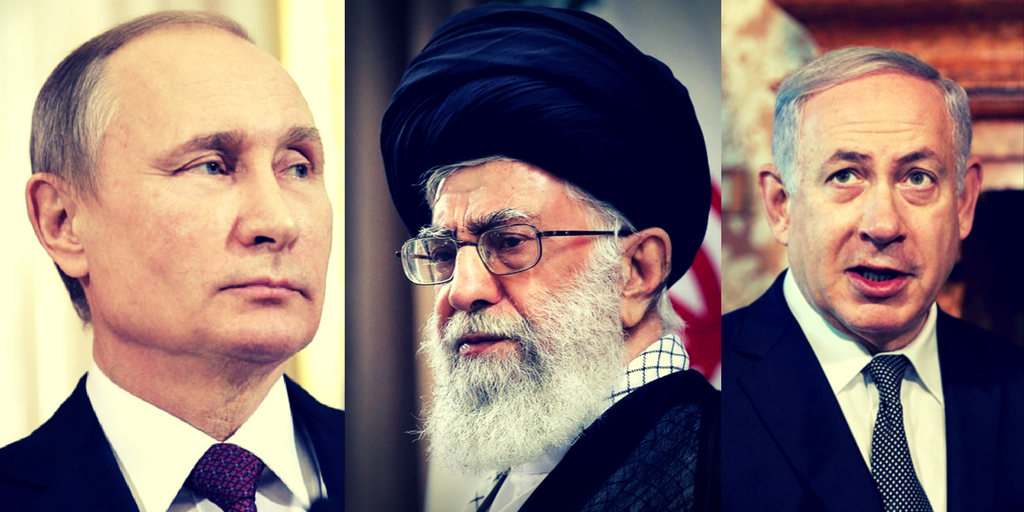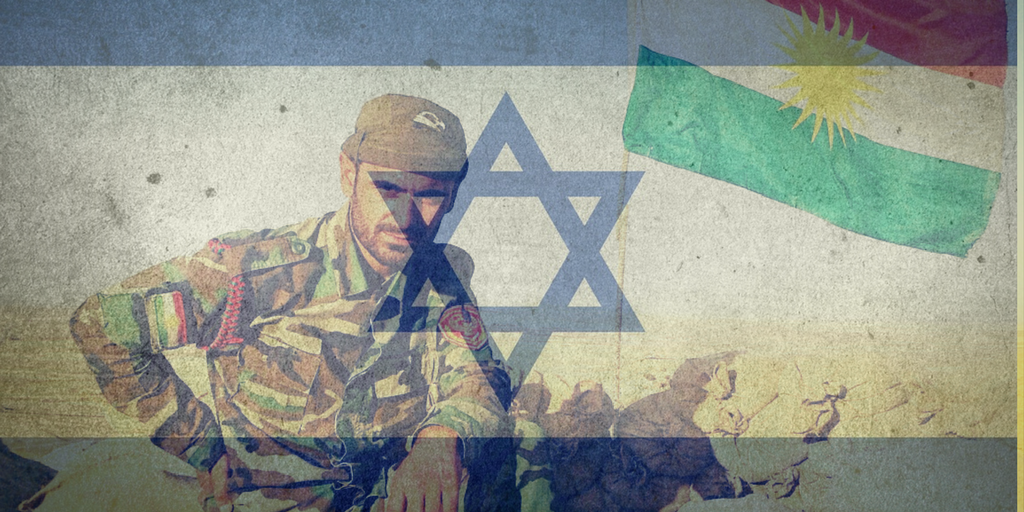The so-called “peace process” between Israel and the “Palestinians” living in Judea and Samaria has constant ups and downs with no real breakthroughs of substance. This past week as Jared Kushner and Jason Greenblatt visited the region, reports have it that the two informed Mahmoud Abbas that there would be no settlement freeze.
With this message in hand, PA officials told the London-based Al-Hayat that Kushner said the following:
“It is impossible to talk about halting the construction of Jewish settlements in the occupied territories, or considering this as a condition for the resumption of negotiations, since the issue of this issue would bring down the government of Benjamin Netanyahu.”
With only the Al-Hayat as a source, news media outlets began repeating this mantra.
The official White House response simply “this is nonsense.”
Putting off the propensity for news outlets to repeat unsourced stories, the important part here is that the Trump administration will not force Israel into a settlement freeze.
The Trump administration may have gone under a dramatic change when Steve Bannon and Sebastian Gorka, but Trump himself has been shaped over the years by a circle of friend that are extremely pro-Israel. Furthermore, Trump is of the opinion that repeating past mistakes in the peace process will not only not bring peace, but could destabilize the region even more.
The Trump administration, despite the NSC now fully in the hands of globalists like H.R. McMaster, views Israel as a strategic puzzle piece in the Middle East. The last time there was a serious push by the USA for a two-state outcome was in 2007-2008 at the end of Olmert’s term. Israel was at a vastly different point in its economic and geo-political situation. The Israel of now, is considered an economic power house, having forged ties into the East and Africa.
With all the changes on the ground, along with Iran’s push towards hegemony across the Middle East, the US administration may want a comprehensive peace plan, but the contours of that plan will have nothing to do with the “Palestinians” in Judea and Samaria.
The Dahlan Plan Takes Flight
In July I wrote the following:
The plan that appears to be taking shape is that Dahlan will essentially become the defacto ruler of Gaza. Supported by the UAE and Egypt he will lead a Gaza that is independent of Fatah and Ramallah. Without Gaza included in a future deal, the ability to annex Judea and Samaria, including all the area where Palestinian Arabs live appear to be doable. Once you subtract the population of Gaza from the total population of Palestinian Arabs West of the Jordan River, Israel will still have a comfortable 70/30 Jewish majority.
The nature of annexation is not clear, but the fact that it is Israel who is determining Area A housing solutions mean the ball has already dropped. The question will only be if and when Dahlan takes over Gaza, will he be able to cut Hamas’ outsized control down to size or will the Islamist group prevent him from exerting real authority.
Although things can change, it is clear that the emerging plan that seems to be building behind the scenes between the Sunni alliance that is most interested in working with Israel is a permanent separation between Gaza and Judea and Samaria, which they call “the West Bank.”
Jared Kushner Promises Plan in Four Months
According to Israel HaYom Jared Kushner has promised to deliver a “peace-plan” to Mahmoud Abbas in the next three to four months. This has less to do with the US administration’s desire to build a comprehensive plan on the back of a former terrorist and Holocaust denier, than the need to keep things in check as the US continues to build a counterweight to Iran. This counterweight is being built on the backs of Israel and Saudi Arabia, with an emerging Kurdistan providing stability in Northern Iraq.

Back to Settlements
The vision within the Trump Administration and moderate Arab states is that a permanent settlement between Israel and the “Palestinians” can incorporate two opposing narratives. With Gaza as a solidified political union backed by the UAE and Egypt, Judea and Samaria can be viewed by both Jews and Arabs as an extension of their “homeland.” This is why Trump himself has distanced himself from overt support of the “Two-State Solution” because the emerging solution is an acceptance that there will never be agreement on everything, but rather what needs to be built is long-term coexistence.
According to the San Remo conference of 1920, Jews have a right to settle anywhere within the boundaries of the Palestinian Mandate, which at that time reached not only from pre-1967 Israel but covered Judea and Samaria and present day Jordan as well. What we could be seeing is the first attempt to get back to the idea of sovereignty and homeland. With emerging realties and real threats to the Arab world from Iran, the idea of Jewish settlement throughout its historic homeland is becoming separated from the question of final sovereignty over the same piece of land.
By separating the two issues, creative decisions can be made in respect to a final outcome, which allows for the Jewish communities to thrive in Area C, while providing for the understanding that Palestinian Arabs live amongst them in Areas A and B.
Or Judea and Samria itself can be rolled into Israel. Without Gaza, the population can be integrated and those not wanting to become part of the Israeli milieu can be paid to leave.
Whatever the outcome, the narrative has shifted away from Israel being an occupying power to one which has rights within its historic homeland. That alone, makes the news trickling out from Kushner’s meetings relevant and important.



 Our analysis indicates that Iran is using ISIS in order to create chaos after the Kurdish referendum. There is one thing to have a Kurdish state, which is strong and stable. This would be the last thing Iran wants, but a Kurdish state that has to continuously fight ISIS is one that would pose no threat to Iran.
Our analysis indicates that Iran is using ISIS in order to create chaos after the Kurdish referendum. There is one thing to have a Kurdish state, which is strong and stable. This would be the last thing Iran wants, but a Kurdish state that has to continuously fight ISIS is one that would pose no threat to Iran.


